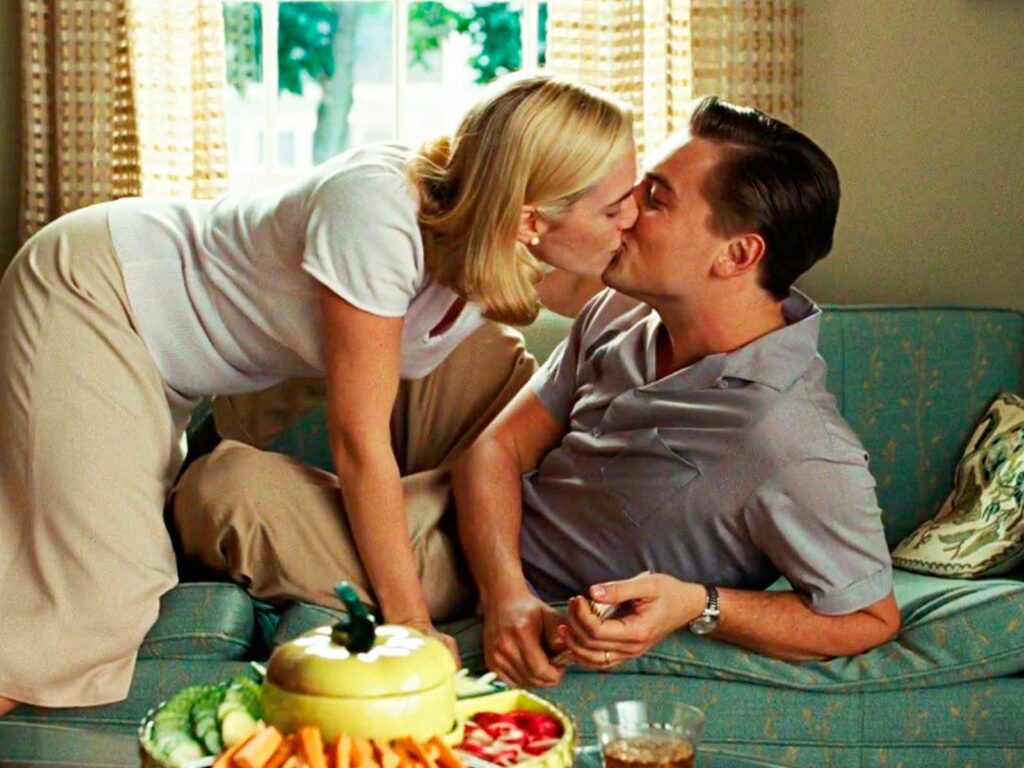Sexual desire is much more than an instinctive response: it is the result of a precise interaction between biology, emotional state, social context, and lifestyle habits. Although we tend to think of libido as something spontaneous, the truth is that it is modulated by a complex system of hormonal and neurological signals, in turn influenced by factors as specific as sunlight, temperature, rest, and stress levels.
In summer, most of these factors tend to align to promote sexual arousal and interest. The increase in daylight hours, improved mood, increased physical activity, and reduced daily obligations create an environment conducive to heightened libido. However, this tendency is not universal. For many people, work pressure, financial worries, or emotional overload can completely neutralize this impulse, even during the holiday season.
In this context, stress becomes a decisive modulator. Its impact isn’t just felt in our mood, but also alters internal chemistry, inhibiting processes essential to sexual response. Understanding this relationship between stress and desire isn’t just a matter of curiosity: it’s a tool for understanding how our body works and what we can do to restore balance when our libido is lacking.

Why Summer Can Boost Libido
The summer season naturally generates a set of conditions that act as catalysts for sexual desire:
- Increased exposure to sunlight. Longer days stimulate the production of serotonin and vitamin D, associated with well-being, energy, and hormonal regulation.
- Increased testosterone. Sun exposure promotes the production of this hormone, which is directly linked to sexual desire and vitality in men and women.
- Improved blood circulation. The heat dilates blood vessels, optimizing flow and increasing body sensitivity.
- Increased physical activity. Walking, swimming, or outdoor sports improve circulation, generate endorphins, and contribute to greater sexual energy.
- Improved mood. The combination of pleasant weather and a break from routine favors an emotional disposition for intimacy.
- More quality time. The break from obligations facilitates emotional and physical connection without the usual interruptions.
Estress: A Silent Brake on Desire
Chronic stress alters the body’s biological priorities. When faced with a threat—real or perceived—the body enters a survival mode that involves increased production of cortisol, the so-called “stress hormone.” This sustained increase interferes with sex hormones such as estrogen, progesterone, and testosterone.
The impact is felt on several levels:
- Subjective desire: The desire to have sex decreases.
- Vital energy: Physical and mental fatigue occurs.
- Sexual response: Difficulty achieving arousal or orgasm may occur.
From a psychological perspective, the mind focuses on resolving threats and problems, leaving little mental space for intimacy. Furthermore, muscle tension, anxiety, and sleep disturbances create a physical disconnection that decreases receptivity to pleasure.
How to Counteract the Impact of Stress on Libido
Recovering a libido affected by stress requires a strategy that targets both hormonal regulation and emotional reconnection:
- Reduce cortisol. The use of adaptogens such as Withania somnifera (Ashwagandha) has been shown to be useful in modulating the stress response.
- Physical exercise with a recreational component. Activities such as dancing, yoga, or sports with others combine movement, endorphin release, and emotional connection.
- Pleasure without sex. Rediscovering activities that generate enjoyment—cooking, traveling, or practicing creative hobbies—activates reward circuits that facilitate the return of sexual desire.
- Sleep better. Sleeping between seven and nine hours a night promotes hormonal balance and improves sexual readiness.
- Proper nutrition. A diet rich in healthy fats, antioxidants, and micronutrients, such as the Mediterranean diet, has been associated with better sexual function.

Libido as an Indicator of Health
A sustained decrease in sexual desire isn’t always an isolated problem. In many cases, it’s a sign that the body is under excessive stress. Interpreting libido as a marker of overall well-being allows for timely intervention and prevents deeper problems.
When stress decreases, hormonal balance is restored, vital energy returns, and sexual desire naturally reappears. Beyond the physical act, libido is a reflection that the body and mind feel safe, present, and ready to enjoy themselves. In short, it’s an indicator of health as important as sleep quality or concentration.
The Y chromosome, linked to the male sex, is disappearing… now what?
Sigue toda la información de HIGHXTAR desde Facebook, Twitter o Instagram
